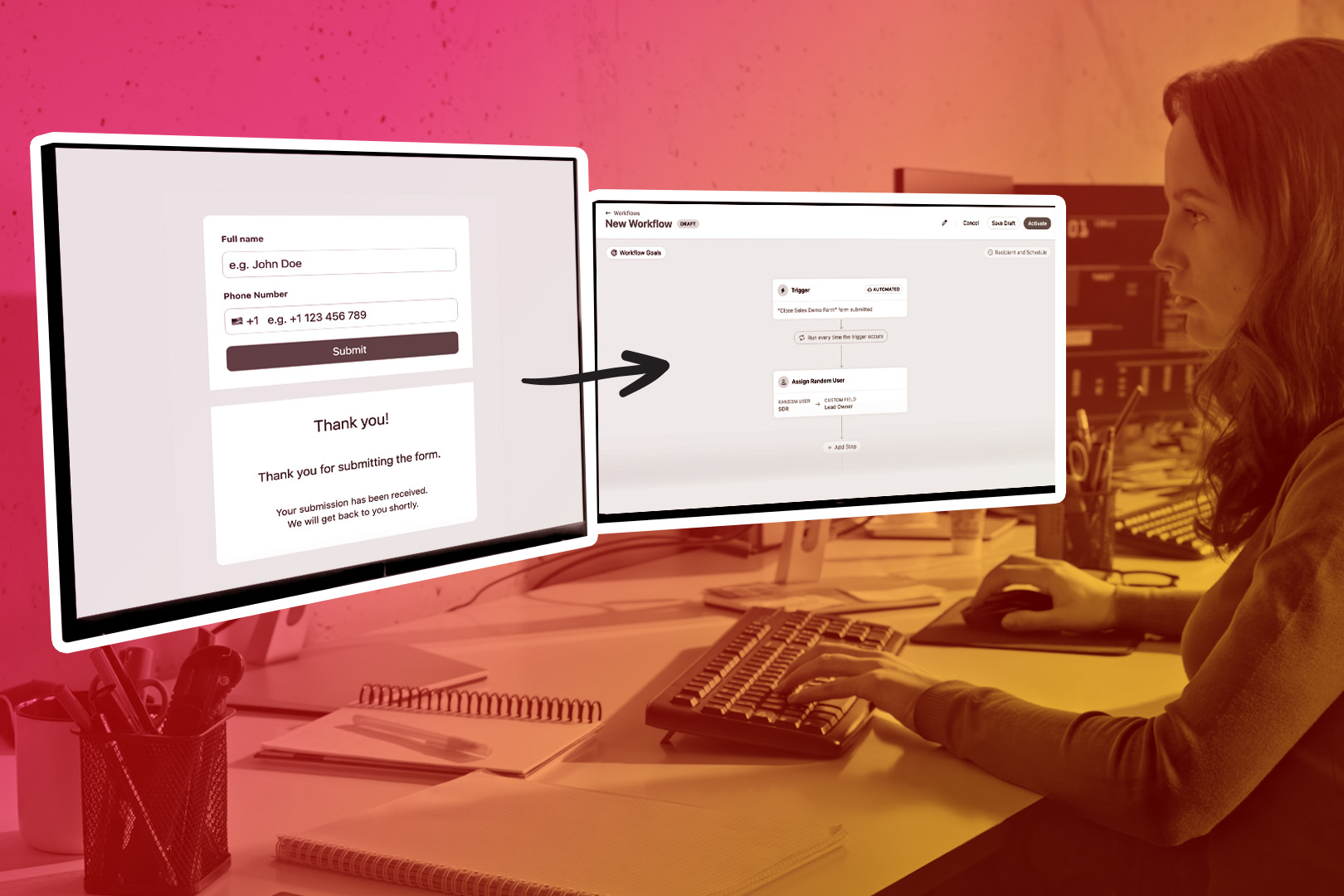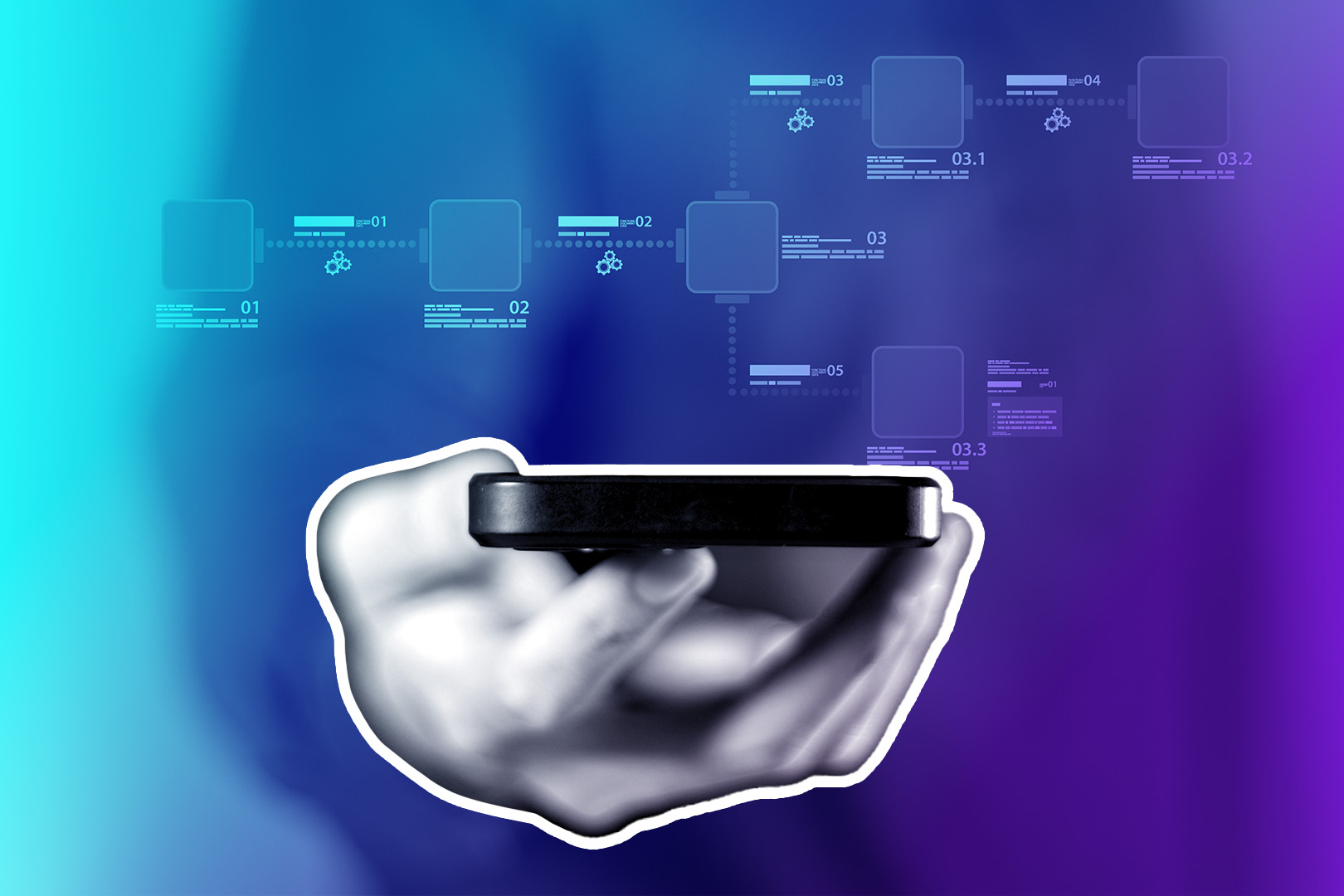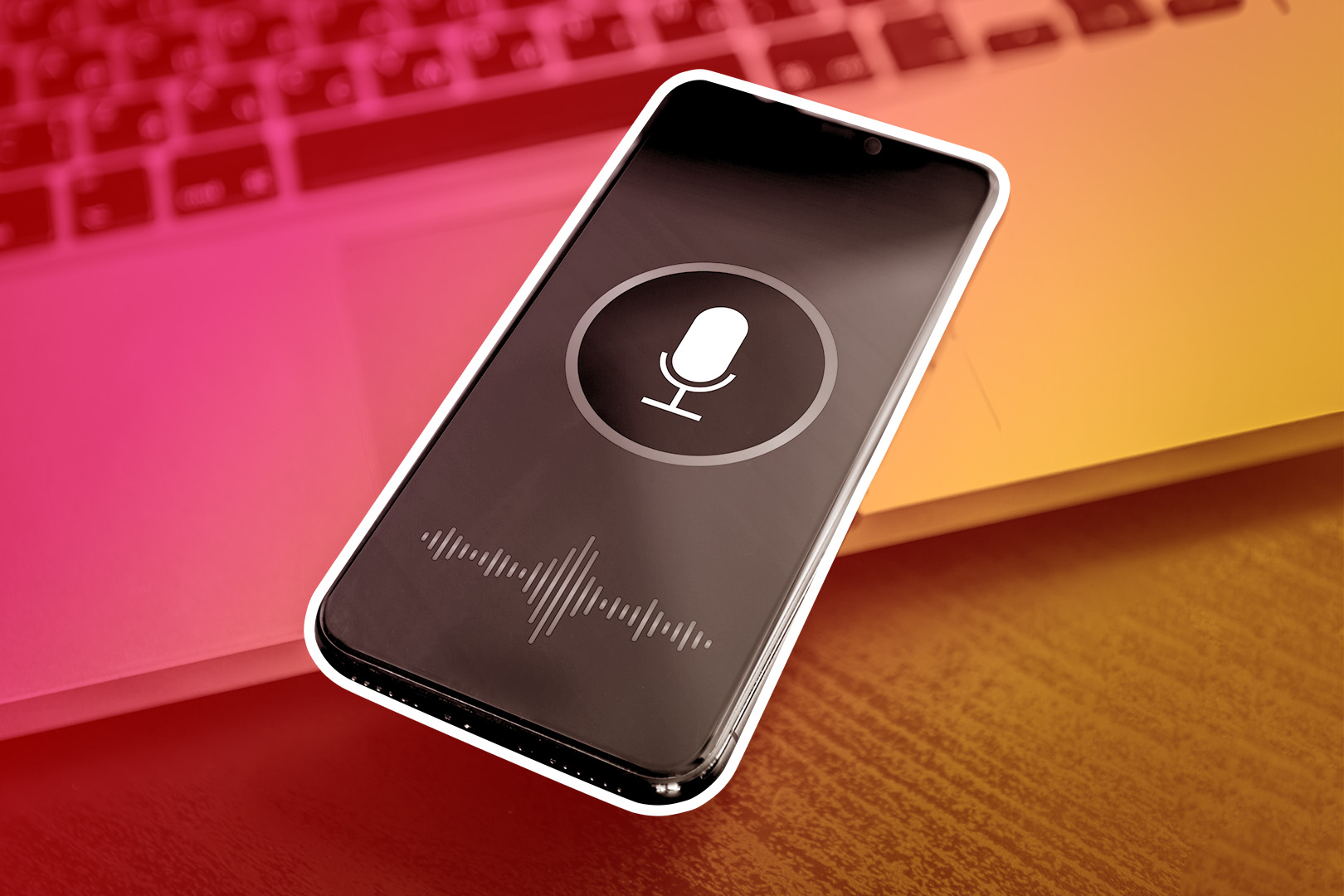AI has a lot to offer salespeople who want to do better work.
It can upload prospect information, scrape lead data, and write outreach emails a heck of a lot faster than any human can. According to Gartner, 75 percent of B2B sales teams will integrate artificial intelligence (AI)-guided selling solutions with their traditional sales playbooks by 2025.
I know what you're thinking. Shit. So … we're all out of a job, then?
Not quite.
At Close, our take on this whole AI thing is this: B2B selling is more than just companies buying products from each other. Most of the time, deals get over the line because of individual humans having conversations.
AI doesn’t replace salespeople in B2B. It just helps them do their jobs better and faster. Here are five ways to do just that.
Why Use AI in B2B Sales?
Using AI in B2B sales helps companies conduct sales activities more productively and effectively.
AI can automate repetitive tasks (like data input), improve lead quality (as it can scrape information quicker), and provide salespeople with better insight into their pipeline. Basically, AI is like a super smart (and really quick) assistant that can give sales reps an accurate view of customer data and forecasting in real time.
Some of the benefits of adding AI to your B2B sales tech stack include:
- Advanced qualification and lead scoring: AI can crunch a huge amount of data in seconds to find warm and hot leads in a sales funnel.
- Automate repetitive tasks: AI can automate repetitive, time-consuming tasks like data entry, prospecting, segmentation, and lead generation.
- More personalized sales interactions: Get into your prospects' heads and figure out what really makes them tick. AI can help craft personalized emails and messages to build trust with leads—and improve the overall customer experience.
- Improved inbound lead quality: AI can review a bunch of different data points to calculate lead quality and predict which prospects are most likely to convert.
- Improved sales data analysis: Thanks to predictive analytics, AI can gather deep insights into customer behavior and preferences to help your team make better decisions about how to approach each interaction.
- Better sales training: AI can improve sales training by analyzing data on sales team performance and providing customized training based on individual needs.
At this point, you're probably thinking … well, what can't AI do? The bots win.
Well, adding AI into a sales process takes more work than just plugging it in and pressing play.
There are adoption challenges, especially if your team isn't 100 percent convinced about AI. Plus, a lot of prospects still want human interaction when they’re buying a solution. This last point is especially true if you’re selling to B2B businesses or trying to get a contract signed that's worth a lotta $$$.
Challenges Sales Teams Face When Using AI
Your prospects weren't born yesterday.
Those automated outreach emails, or back-and-forth messages to book a meeting? Yeah, they probably already know it's not you sending them. While 94 percent of sales reps say AI tools help them appear more human to prospects, 26 percent estimate their prospects can already spot when AI-assisted technology is used to engage with them.
There are also other challenges, like:
- Resistance to change: Out with the old, in with the … AI? Sales teams are already worried that AI is coming for their jobs, so resistance to new tech is understandable. Also, many B2B salespeople are used to doing things a certain way and will turn up their noses at handing over tasks to automation. If this is true for your team, it may take some convincing to get them on board.
- Data quality: AI is only worthwhile if your datasets are accurate and up-to-date. This can be a complex task and, if your data is currently messy, you may need input from experts or consultants to clean it up.
- Lack of trust: The majority of Americans distrust AI, especially when there isn't transparency about how AI makes decisions or who is accountable for flaws in its algorithms. Likewise, your salespeople might not fully trust the AI system to make decisions, especially when a deal progresses toward crunch time. Lack of trust = bad news for your pipeline.
- Cost: AI ain't cheap. Data science, natural language processing, and deep learning applications are all expensive tools, especially for startups and SMBs with limited budgets. While some AI vendors offer free trials or low-cost pricing options, adding AI into a sales process can be a costly investment.
Look, using AI isn't bad. In fact, it's almost expected in 2023. But AI isn’t perfect. And sales teams must balance the benefits of integrating it into their sales process with the obvious limitations. For starters, you need to ensure prospects don't feel like they're talking to a robot the whole time.
Here are some suggestions on how to get that balance just right.
5 Ways to Use AI in B2B Sales (and Still Be Human)
AI can’t replace sales reps. But that doesn't mean AI can't help salespeople sell more effectively.
McKinsey found around 30 percent of sales tasks can be easily automated using AI. So, when AI is introduced to a sales team, it can help gain insight into prospects, streamline workflows, and ultimately—close more deals.
Here are five ways to leverage AI, while still using human sales superpowers.
1. Get Better Insights Into Your Sales Data
AI and machine learning can analyze sales data quicker and more accurately than any human on the planet.
When AI has the right tools, data, and inputs to work with, it can crunch the numbers instantly and provide valuable insight on your sales cycles. It can also find patterns in this data and point out any gaps in your sales process.
For example, AI can seek out the leads and prospects in your sales funnel that will most likely convert into paying customers, so your sales reps know who to target first.
These small changes in how you use data can lead to big results for your bottom line.
2. Amplify Your Sales Prospecting Strategies
Whether analyzing your target market or identifying new outreach opportunities, AI can help sales organizations improve prospecting strategies.
AI-powered tools are fed information straight from the source, like your CRM, LinkedIn, social media, email, or web activity. Then, these tools can find potential leads to focus on and identify new opportunities that align with your target market. It can also put specific sales activities, like finding upselling and cross-selling opportunities, or personalizing email follow-ups, on autopilot.
Picture this: Your marketing team has just wrapped a campaign to launch a new product feature, and now your sales team has more than 100 new leads to follow up with on Monday morning.
But your team can't call them all at once … so, who should they prioritize?
With AI, lead scoring is more accurate, and tools like 6sense and VanillaSoft can pinpoint hot leads in your funnel in real-time by using a mix of machine learning algorithms and data analysis. It can also go one step further and analyze intent data, like online searches, or social media mentions of the new product feature, to see if there are any opportunities that haven't reached out to you.
As a result, your team has access to more and better sales opportunities without having to manually wade through huge amounts of data.
Quickly, let’s consider what Close brings to the table. Our CRM solution stores all your customer data, so when combined with the built-in sequencing tools, sales reps can automate entire email sequences and schedule them to hit a prospect's inbox at just the right time—complementing your AI tools.

With AI and the right tech tools, sales strategies that would usually take hours to scope out can now be done quickly and efficiently.
If your focus lies within the B2B sector and you're seeking a reliable CRM solution, take a moment to dive into our comprehensive article covering the top-notch B2B CRMs available. This invaluable resource will guide you in pinpointing the perfect CRM choice that perfectly suits your organizational needs, enabling you to cultivate robust customer relationships and boost your success in deal closures.
Ready to stand out in lead generation? Discover the power of LinkedIn.
3. Add Personalization to Every Stage of the Buyer Journey
AI can help you personalize your sales approach throughout the B2B buyer journey, making every interaction feel more humanized.
The major superpower of AI is that it can predict which type of content or outreach angle a prospect will best respond to. For example, AI can recommend personalized content or messages based on the prospect's behavior since they dropped into your sales funnel.
It does this by using:
- Predictive/prescriptive analytics: AI automatically finds and connects the dots inside your customer behavior datasets. If a prospect is likely to close or respond to a certain sales tactic, AI can recommend the best action to take. This allows you to carve out tailored B2B marketing campaigns (especially content marketing-focused ones) that will anticipate needs and resonate with leads.
- NLP/customer sentiment analysis: Sales reps understand that the best way to connect with customers is to communicate with them using language they understand. AI takes this to a whole new level by using text and sentiment analysis to analyze customer questions, needs, and behavior.
These tools can then mirror each customer's communication style when discussing pain points, and so on.
4. Use AI Technology to Improve Your Sales Training Strategy
"This call is being monitored for training purposes."
I mean, how often do you hear that when on the phone with customer service or a sales department?
All the damn time. And there's a reason for it—sales calls are a goldmine for training new reps and gaining insight on your sales process. Thanks to AI and Natural Language Processing (NLP), you can record your sales team's calls and analyze them to get an idea of what's going right, and what you need to improve.
For example, tools like Chorus and Gong record entire sales calls and track emails to find patterns and identify what the best sales reps are doing in their processes. Sales leaders can then pass these tips on to their team, or use them to onboard and train new sales reps.
5. Maximize Your Sales Outreach Efforts
Finally, AI can optimize specific touchpoints in a prospect's sales journey.
Sales reps can use AI to write better emails, improve sales scripts, and even predict which leads to call next. Tools like Lavender are powered by OpenAI's GPT-3 and can suggest personalized email intros and body content using simple prompts.
Close CRM also has a built-in AI-powered cold email generator, designed to create high-converting cold emails in seconds—increasing reply rates, and accelerating outreach.
If your sales team is frequently picking up the phone, technology like Close's Power and Predictive Dialers can speed up the sales cycle.
For example, the Predictive Dialer calls a bunch of numbers at once. When a human answers, an available sales rep is immediately routed to the call. The best part? Your reps don't even dial the numbers—press one button, and the Predictive Dialer will do the rest.
So, why does this matter?
For salespeople, time is money. And AI can put a hell of a lot of time back into a sales rep's day. Instead of spending hours sifting through lead lists and typing emails, they can spend more time doing the selling part of sales.
AI Is Here to Stay—How Will It Fit Into Your B2B Sales Process?
AI is here. There is nowhere to hide, and salespeople are at a crossroads: Either embrace the change and leverage AI to work more productively, or get left in the dust by the teams that do.
Incorporating AI into your existing B2B sales process can help your team use data more effectively, and connect with customers earlier in their buying journey. By automating repetitive tasks and getting better behavioral insights, AI tools can do the boring work so that your sales representatives can focus their time and energy on winning deals.
The hardest part is picking the right tools for your team. There are so many options, and it's easy to get overwhelmed and saturate your tech stack with too much AI.
However, using AI correctly will help your team stay ahead of competitors and improve all your business-to-business sales efforts.
Ready to test out the AI features in Close CRM? Check out our built-in automation and reporting capabilities, and grab your 14-day free trial.









.jpg)


